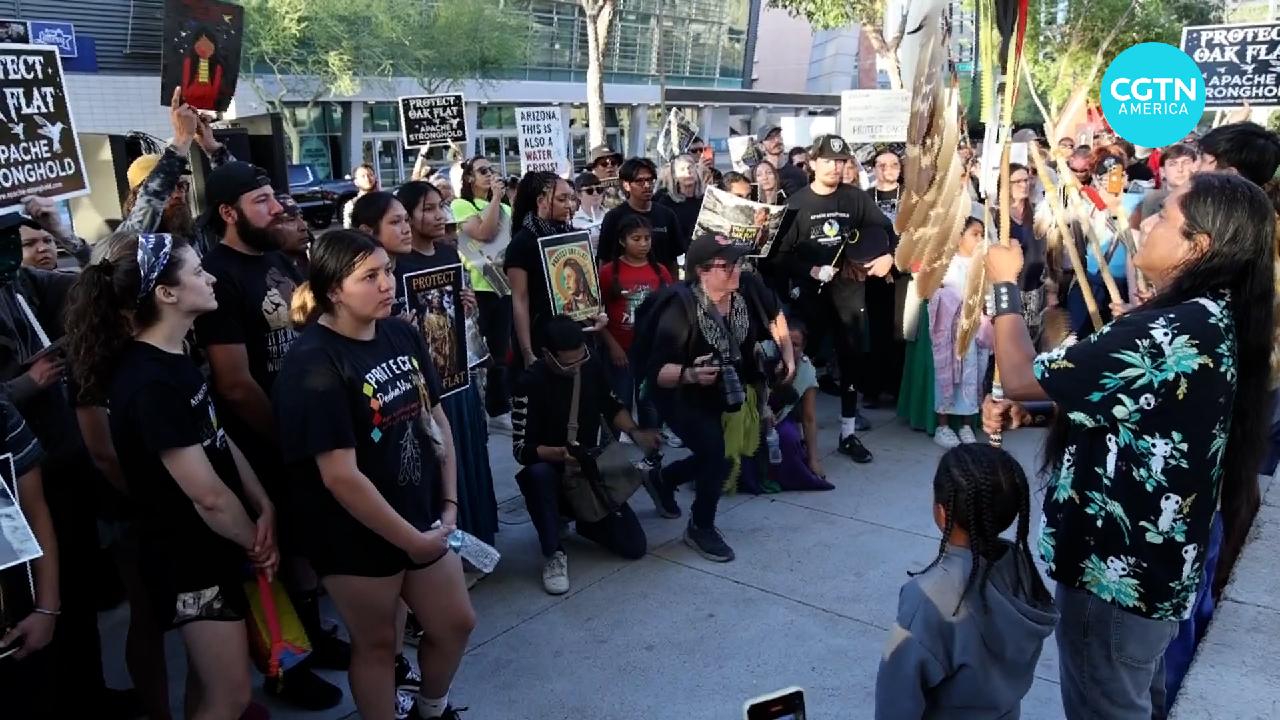Indigenous Land Rights Under Threat in the U.S.: Rising Conflicts and Policy Challenges
Indigenous land rights face escalating threats across the United States amid ongoing disputes and policy challenges.

The sovereignty of Native American tribes in the United States is facing renewed challenges as recent policy decisions threaten to undermine their rights and access to ancestral lands. Indigenous communities are raising alarms over initiatives that could reduce federal funding for crucial social and legal programs, while simultaneously removing protections that safeguard their traditional territories.
One significant battleground is in Arizona, where tribal leaders and local advocates point to a rapid acceleration in efforts to reclassify protected lands for commercial development, mining, and oil extraction projects. Community members argue that these actions not only infringe on long-held treaty rights but also jeopardize sacred sites, cultural heritage, and the sustainability of natural resources upon which many tribes depend.
The potential rollback of tribal land rights has intensified debates over the role of federal agencies and the executive branch in honoring historic agreements with Indigenous nations. "We are at risk of losing more than land; we are at risk of losing our history, our autonomy, and our voice," said one tribal representative. Many Native American leaders have called for increased public awareness and solidarity, emphasizing the need for meaningful consultation and respect for indigenous sovereignty in any future policy decisions.
As the situation evolves, legal experts warn that altering or diminishing tribal sovereignty could set far-reaching precedents affecting hundreds of federally recognized tribes across the country. The outcome of these disputes may shape the future relationship between the U.S. government and its Native populations for generations to come.




